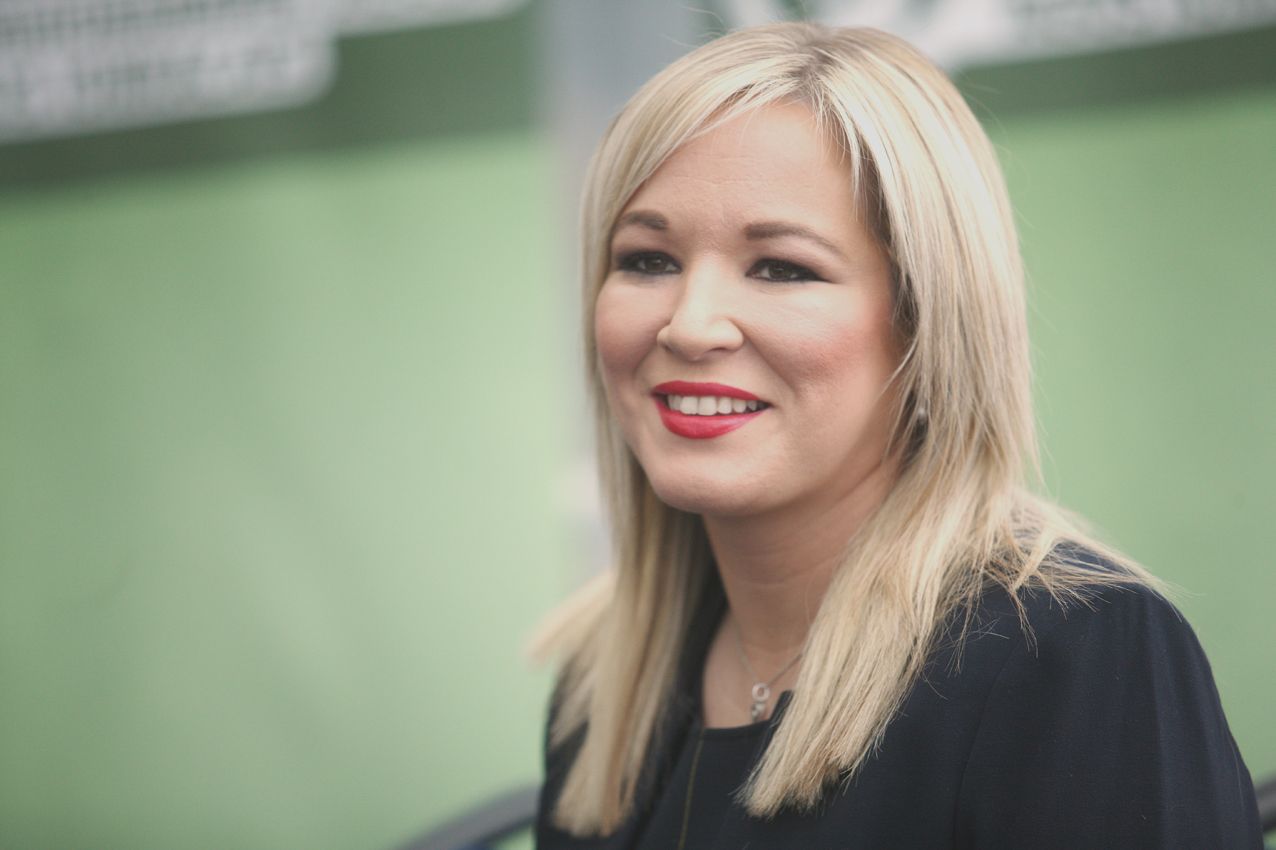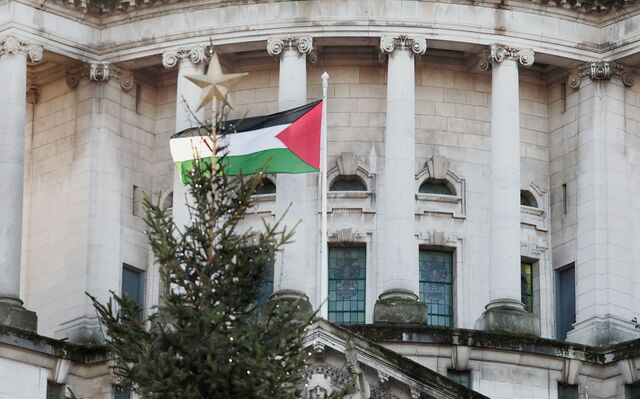ANOTHER WEEK, another confected row over the past and the right to remember and reflect.
Michelle O’Neill, the deputy First Minister, attended at the weekend a Tyrone unveiling of a tribute to former Clonoe O’Rahilly’s GAC members Peter Clancy, Hugh Coney and Brian Campbell. All three were members of the IRA.
With depressing inevitability, the DUP waded in to condemn Ms O’Neill’s attendance at the modest ceremony. Deputy leader Paula Bradley said the event was “part of a continued attempt to normalise the activities of the IRA.” And she lashed out at the GAA in general when she said it was “disappointing that GAA clubs continue to associate themselves with such a warped view of history.”
Quite how the simple act of unveiling a plaque is “rewriting history” Ms Bradley didn’t say, although she did allude to the fact that the three men’s IRA membership was referenced in the use of the word ‘Óglach’ before their names. It’s an interesting extension of an old tactic, but the idea that a combatant’s status should be excised in any memorial is not one that will find much favour with any of the various branches of the British security apparatus in the North – official and unofficial.
Repeatedly insisting that others refrain from memorialising or paying tribute to those they hold in high esteem because the deceased don’t fit in a particular narrative of the conflict is a particularly self-regarding worldview, but it also serves a purpose because, quite simply, it is a demand that can not and will not ever be met. Sinn Féin should and will continue to treat the dead and their memory in whatever way they see fit, firstly because it is the right thing for them to do and they do it in accordance with their own values and moral code. But there’s another reason why demands for a unilateral moratorium on acts of remembrance must and will not ever be met. And that reason is that Sinn Féin will never separate themselves from the families and the communities of IRA volunteers who died during the conflict because to do so would lead to a mammoth surge of anger and disaffection not only among the families and the communities of dead IRA volunteers, but among the party ranks in general.
In a sense, that is the attraction of this continued tilting at windmills. Because republican tributes to their dead will always take place, the subject can be angrily revisited again and again, whenever the political atmosphere demands it.
And that is to say nothing of the gall of a political party like the DUP – whose members rub shoulders with live loyalist paramilitaries and ‘accidentally stumble across’ commemorations of deceased ones. If and when a resolution of the Protocol impasse is arrived at that the DUP feels it could live with, it will no doubt once more run it by what it pleases to call ‘community stakeholders’ for approval. And that’s a tribute to paramilitaries that is much more damaging.







